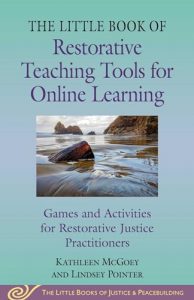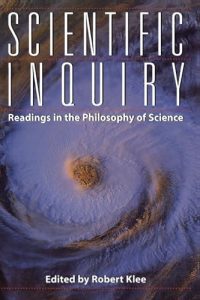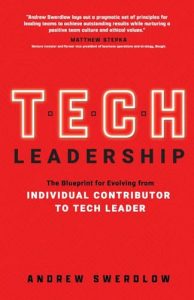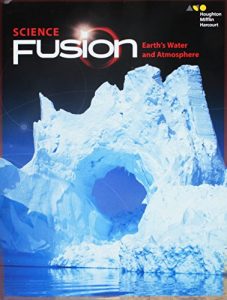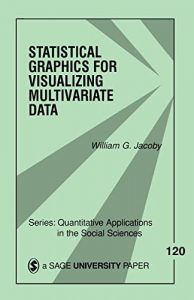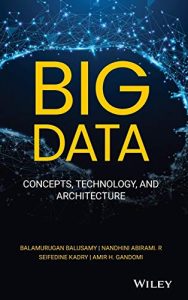The Intersection of Ethics and Science
The world of science is not only defined by its groundbreaking discoveries and technological advancements but also by the ethical implications that accompany them. As we push the boundaries of knowledge, it is crucial to examine the moral aspects that guide research and innovation. With recent controversies highlighting ethical misconduct and the rise of anti-science sentiments, understanding ethics in science has never been more vital.
This blog post brings together a selection of insightful books that delve into the multifaceted nature of ethics in science, offering valuable perspectives for researchers, students, and enthusiasts alike. From historical views to contemporary discussions about misconduct and ethics in forensic science, these works invite us to reflect on our responsibilities as stewards of scientific inquiry.
Featured Books on Ethics in Science
1. Ethics in Science: Ethical Misconduct in Scientific Research, Second Edition
This comprehensive work is an essential read for anyone involved in scientific research. It meticulously outlines various forms of ethical misconduct while providing a framework for understanding their implications. The authors draw from extensive case studies, offering practical insights into preventing misconduct in research settings. The book stands out not only for its clarity and depth but also for its relevance in today’s rapidly evolving scientific landscape. With institutional integrity at stake, this book is a must-have for both current and aspiring researchers.

2. The Ethical Chemist: Professionalism and Ethics in Science
This book dives deep into the ethical responsibilities of chemists, exploring the nuances of professionalism in the scientific community. The authors highlight real-life scenarios where ethical dilemmas arise and provide guidance on navigating these challenges. It serves not only as a guide for ethical practices but also as a call to cultivate a culture of integrity among science professionals. A valuable addition to any scientist’s library, it invites critical thinking on the role ethics play in all aspects of scientific practice.

3. Ethics in Science
Routledge presents an overview of the ethical principles that govern scientific inquiry in this insightful book. It addresses pertinent ethical issues faced by researchers today, making it an important resource for gaining a foundational understanding of ethics in science. By exploring the history and evolution of ethical standards, this book not only informs but also encourages a critical dialogue about the future of scientific ethics in an age of rapid change.

4. The Ethics of Science: An Introduction
This book lays an excellent groundwork for understanding key philosophical issues relating to the ethics of scientific practices. It invites readers to consider the ethical dimensions of their work, weaving in important historical contexts and contemporary challenges. Perfect for students and professionals alike, it serves as a springboard for deeper ethical inquiry.

5. Research Ethics in the Life Sciences
As life sciences continue to advance, so too do the ethical complexities surrounding research. This book offers essential guidance on navigating these complexities, making it a cornerstone for anyone involved in life science research. It encourages scientists to consider the broader implications of their work and fosters a community committed to ethical practices in scientific research.















